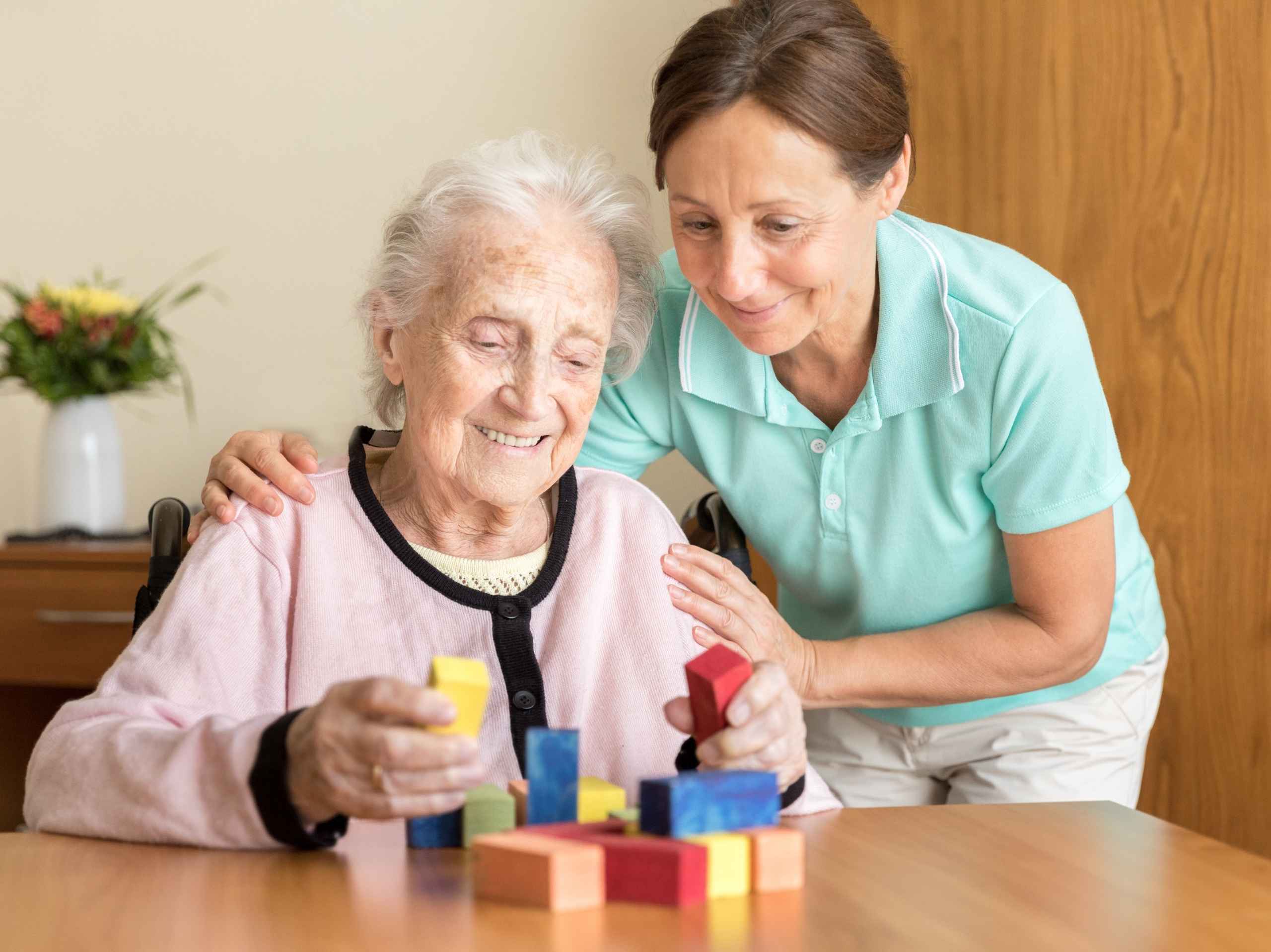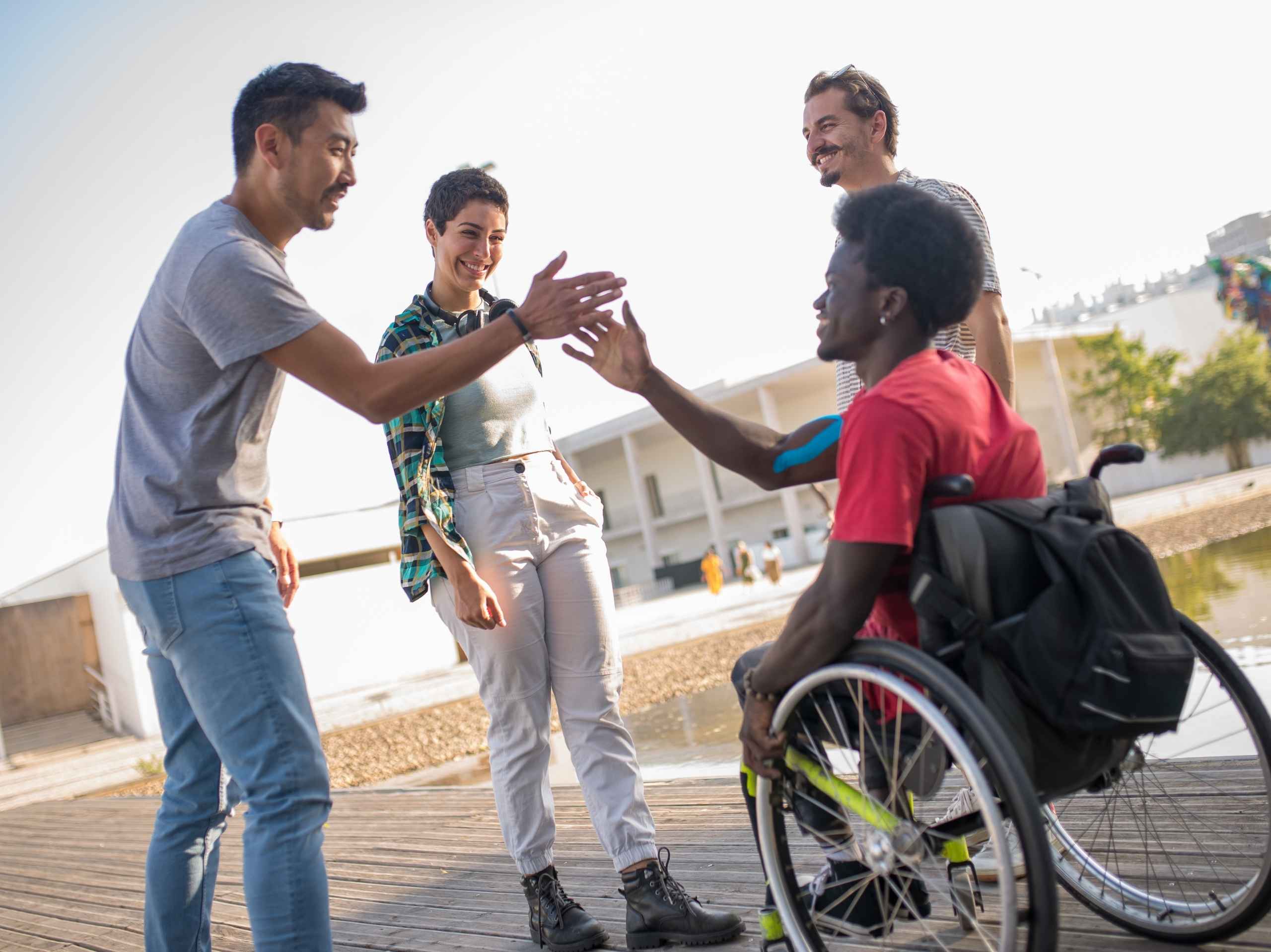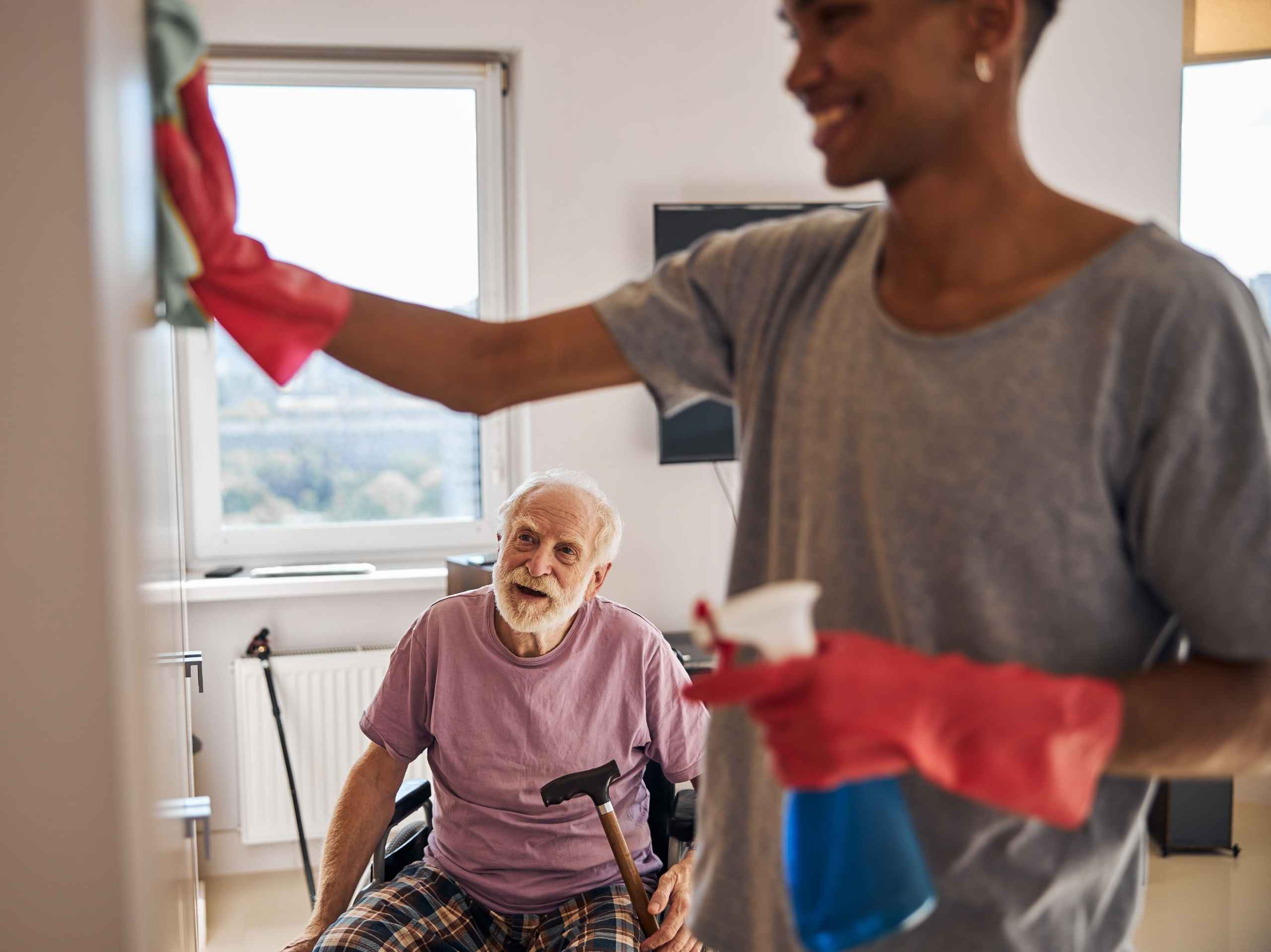Being part of a community is super important for people in the National Disability Insurance Scheme (NDIS). It helps them make friends, learn new things, and feel more confident. People in Western Australia can learn important skills and become more independent when they join community activities. In this blog post, we’ll talk about how joining community participation for NDIS participants helps them become more independent. We’ll also share useful tips for family members, support coordinators, caregivers, and the participants themselves.
Why Being Part of the Community is Important for Independence
Being involved in the community is really important for people in the National Disability Insurance Scheme (NDIS) because it helps them become more independent. Here’s how:
Building Social Skills
When NDIS participants join community activities, they get a chance to improve their social skills, which are important for everyday life. By talking and working with others in different places, they learn how to communicate better, work together respectfully, and make friends. Whether they’re joining local clubs or going to group workshops, these activities provide a space where they can grow and learn. Being part of a community helps them feel like they belong, which can reduce loneliness and make them feel happier overall.
Boosting Confidence
Taking part in community activities can really help NDIS participants feel more confident. When they try new things, meet different people, and overcome personal challenges, it helps build their self-esteem. For example, joining a sports team or a social club gives them a safe place to take risks without worrying about failing. These positive experiences help them feel good about themselves, encouraging them to take control of their lives and work towards being independent.
Encouraging Responsibility
Being involved in the community often means taking on responsibilities, which teaches participants how to be accountable and independent. Going to scheduled classes, volunteering, or joining local events requires them to be committed and organised. This responsibility helps them learn about managing their time and keeping promises—skills that are important for living independently. By handling these small tasks, NDIS participants gain confidence in their ability to manage their own lives effectively.
Types of Community Activities that Help People Become Independent
Being part of community activities is a great way for people in the National Disability Insurance Scheme (NDIS) to learn how to be more independent. Here are some activities that can help:
Educational Workshops and Classes
Educational workshops and classes are super important because they teach NDIS participants life skills they need to be independent. For example, they can take cooking or budgeting classes, or even job training programs. These classes help them learn practical things they can use every day. In Western Australia, there are many organisations that offer special workshops just for NDIS participants, making sure they get the right kind of training that fits their needs.
Recreational and Social Activities
Recreational and social activities give NDIS participants a chance to meet new people, stay active, and make friends. Activities like group outings, art classes, and fitness groups let them explore their interests and hobbies while connecting with others who like the same things. These activities help them feel like they are part of a community, which is important for their emotional and mental health.
Volunteering Opportunities
Volunteering is another great way for NDIS participants to get involved in their communities. When they volunteer, they feel like they are making a difference, which can boost their self-esteem and motivation. Volunteering also helps them learn new skills and get ready for future jobs by building networks that might help them find work later on. Plus, volunteering strengthens the bonds within the community.
Employment Support and Job Readiness Programs
Being part of employment support and job readiness programs helps NDIS participants prepare for work, which is a big step toward independence. These programs offer guidance on how to write resumes, practice interview skills, and learn about workplace behaviour. Many organisations provide special support for NDIS participants to make sure they have the tools and confidence needed to find and succeed in jobs.
How Support Coordinators and Guardians Can Encourage Community Participation for NDIS People
Support coordinators and guardians play a big role in helping people in the National Disability Insurance Scheme (NDIS) get involved in their communities. Here’s how they can help:
Personalised Activity Plans
Creating activity plans that fit each person’s interests and abilities is really important. When support coordinators and guardians make sure the activities are fun and meaningful, participants are more likely to join in. By understanding what each person likes and what they can do, they can plan activities that keep participants interested and motivated.
Addressing Barriers to Participation
Sometimes, there are things that make it hard for NDIS participants to join community activities, like transportation problems, feeling shy, or having physical challenges. Support coordinators and guardians can help by finding solutions to these problems. They might arrange for special transportation, help build confidence by slowly introducing new activities, or change activities so they are easier for everyone to do. By solving these issues, participants feel more empowered to take part in their communities.
Celebrating Small Wins
It’s important to celebrate even the small achievements of NDIS participants. When they reach milestones like attending a new class or making a new friend, it boosts their confidence and makes them want to keep participating. Support coordinators and guardians can create a positive environment by recognising these successes, which helps participants feel proud of what they’ve accomplished.
Building a Supportive Network
Having a supportive network of friends, family, and professionals is key for helping NDIS participants become more independent. This network offers encouragement, advice, and friendship, which boosts their confidence and motivation. Support coordinators and guardians can help build these connections by organising group activities and events where participants can meet others. This helps them feel like they belong and have people to rely on.
Success Stories How Community Participation Transformed Lives
Case Study 1
Meet Emily, an NDIS participant who found confidence and independence through regular community activities. Initially hesitant to engage, Emily began attending local art classes, where she discovered a passion for painting. Through consistent encouragement from her support coordinator and newfound friends, Emily’s confidence soared. She now actively participates in local exhibitions and has even started hosting her workshops, showcasing her talents and inspiring others.
Case Study 2
Tom’s journey with community participation illustrates the profound impact on independence and skills development. With support from his guardian, Tom joined a volunteering program at a local community garden. The experience allowed him to develop gardening skills, learn teamwork, and gain a sense of responsibility. Over time, Tom’s dedication led to a part-time job offer, marking a significant milestone in his path toward independent living.
Client Testimonials
NDIS participants and their guardians often share heartwarming testimonials about the positive impact of community participation. Sarah, a guardian, notes, “Community activities have transformed my daughter’s life. Her confidence has blossomed, and she’s more independent than we could have imagined.” Similarly, Jake, an NDIS participant, shares, “I’ve made lifelong friends and gained skills I never thought possible. Community participation has truly changed my life.”
Take Action: Join the Community Today!
Helping people in the National Disability Insurance Scheme (NDIS) become more independent by joining community activities is a great way to empower them. By participating in different activities, they can learn important skills, gain confidence, and become more self-reliant.
Guardians and support coordinators play a key role in making these opportunities possible by providing the support and encouragement needed for success. If you want to learn more about community programs, reaching out to NDIS service providers is a great next step. Community participation is more than just an activity; it’s a path to personal growth.
At Reaching Abilities, we are committed to helping our clients achieve their goals and live more independent lives. We focus on empowerment, innovation, and inclusivity, ensuring everyone has the chance to thrive.
If you’re ready to start your journey with us or have questions, contact us today! We’re here to help you make the most of your NDIS funding and live a fulfilling life.

Ozer Tanlasi – Founder and Director of Reaching Abilities
Ozer Tanlasi is the Founder and Director of Reaching Abilities, an organisation dedicated to providing compassionate and empowering support to individuals with disabilities. With a background in allied health and a deep commitment to inclusive care, Ozer established Reaching Abilities to create a welcoming space where individuals can thrive, gain independence, and achieve their personal goals. Her approach is centred around understanding each individual’s unique needs and strengths, ensuring they receive tailored services that make a positive impact on their lives. Under Ozer’s leadership, Reaching Abilities has become known for its compassionate, client-focused approach, supporting individuals and families in building meaningful connections and reaching new potentials.






